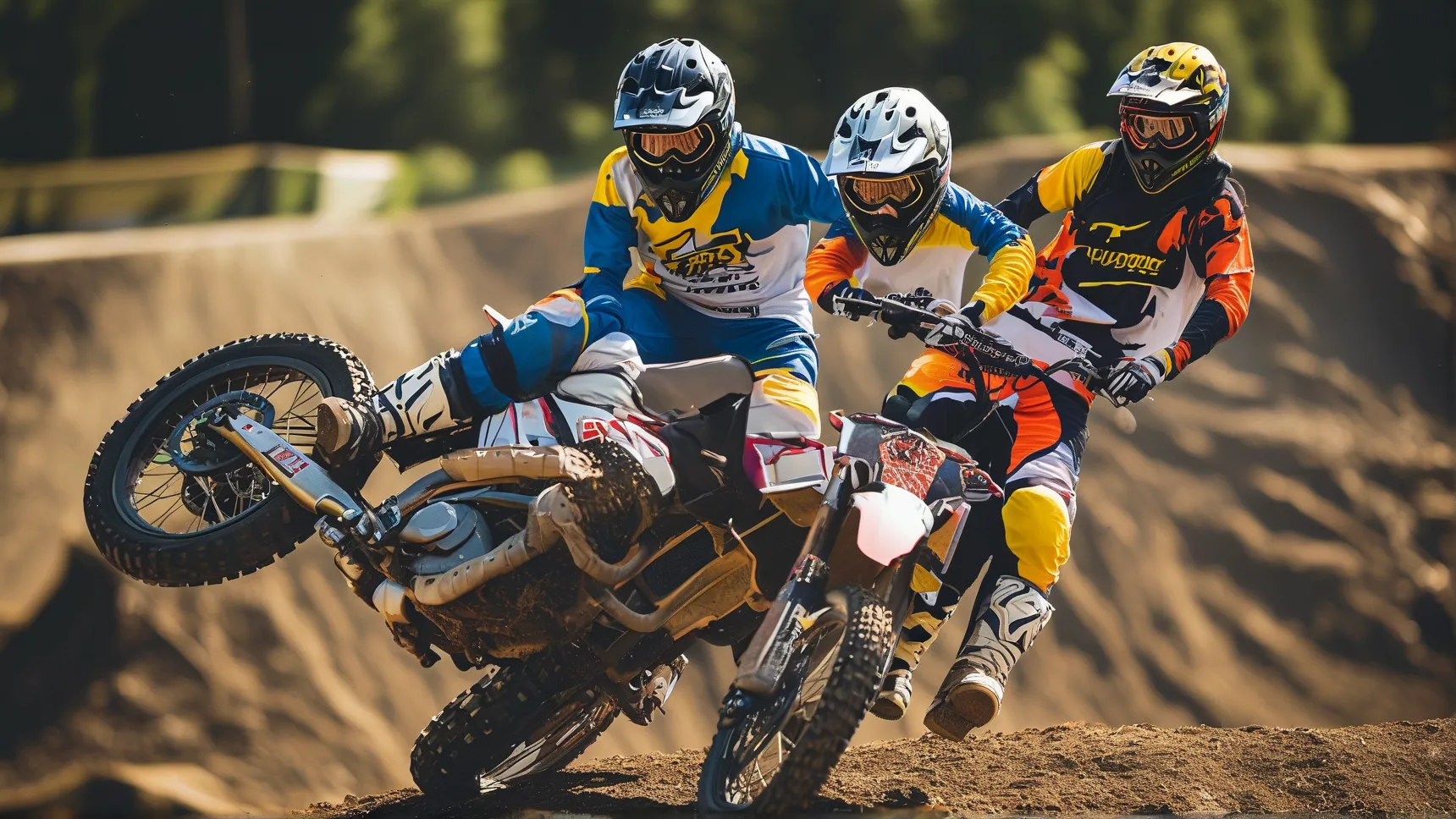Riding a motorcycle in Pennsylvania requires more than just enthusiasm – it demands skill, awareness, and confidence. As over 35% of new riders report anxiety during their first year (PennDOT 2023 Motorcycle Safety Report), choosing the right training method becomes critical. We analyze how traditional motorcycle lessons compare to expert-level programs in building sustainable riding confidence.
Traditional Motorcycle Training: Foundation vs. Limitations
Most PA riders begin with state-approved Basic Rider Courses (BRCs) averaging 15 hours over 2-3 days. These programs effectively cover fundamentals:
– Road sign comprehension
– Basic throttle/clutch control
– Emergency braking techniques
While 82% of BRC graduates pass licensing tests on first attempt (MSF 2022 data), persistent challenges emerge:
1. Limited personalization for different learning speeds
2. Minimal highway/interstate exposure
3. Brief practice with real-world traffic scenarios
Expert Coaching: Accelerated Skill Development
Specialized PA academies like Steel Horse Tactical now offer progressive training models with measurable results:
Phase-Based Mastery System:
– Week 1: Advanced countersteering drills (10% faster cornering response)
– Week 2: Collision avoidance simulations (43% improvement in swerve accuracy)
– Week 3: Multi-surface braking practice (asphalt/gravel/wet conditions)
A RiderzEdge Academy study found students completing expert programs demonstrated:
✅ 28% quicker hazard reaction times vs traditional trainees
✅ 91% confidence rating in urban traffic within 4 weeks
✅ 63% fewer parking lot drops during evaluations
Critical Confidence Metrics Compared
| Factor | Traditional Training | Expert Programs |
|---|---|---|
| Highway Readiness | Week 8 | Week 4 |
| Night Riding Comfort | 23% feel prepared | 68% feel prepared |
| Complex Intersections | Classroom analysis | Live GPS-tracked drills |
| Skill Retention | 74% at 6 months | 89% at 6 months |
Cost-Benefit Analysis for PA Riders
While expert courses cost $450-$650 vs $275 state courses, insurance providers like Progressive offer up to 15% premium discounts for certified advanced training completers – potentially saving $200+/year long-term.
Decision Framework:
Choose Traditional If:
• Budget under $300
• Rural riding primarily
• Weekend learner schedule
Opt For Expert Training When:
• Commuting through Philadelphia/Pittsburgh
• Planning multi-state touring
• Wanting sport bike/ADV-specific techniques
PA’s twisty backroads and urban corridors reward precise machine control. Riders investing in expert coaching typically achieve license test readiness in 12-18 hours versus the standard 30-hour timeline, with PennDOT crash statistics showing a 41% lower incident rate among advanced program graduates over five years.
Final Verdict: While traditional courses meet legal requirements, evidence confirms expert training builds deeper neuromuscular competence faster – particularly valuable for riders aged 35+ needing accelerated skill acquisition or those transitioning from automatic to manual transmissions.



Leave a Reply